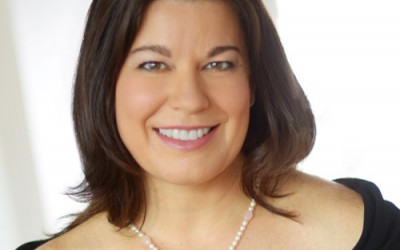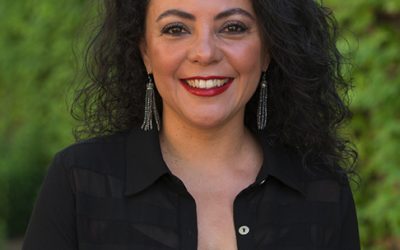Heterophony: Texture, Technique, and Social Commentary
March 7, 2019
2:00 – 3:30 p.m.
Keller Hall, Center for the Arts
Talk Description: This lecture is in two parts: the first draws from my research on the 1960s jazz avant-garde and musicians’ interests in heterophonic musical textures. I show how heterophony, technique and texture, satisfied a joint aesthetic and social/political goal for musicians and audiences. The parallels between textural and ethnic/racial difference in improvisatory experimentalism, are where aesthetics and social relations become intertwined.
For the second part, I perform original music that utilizes heterophony and “noise” in a solo electronic and improvised format. This performance segment is my own creative response to the historical precedents that I outline in the previous segment.
Biography: Kwami Coleman, Ph.D., is an assistant professor of musicology at the Gallatin School on individualized Study at New York University. His work is focused on improvised music, aesthetics, historiography, identity, and political economy. Kwami is also a pianist and composer, and released a recording called Local Music in 2017 of original music for trio plus field recordings captured in his home neighborhood, Harlem. His current book project is titled Change: The “New Thing” and Modern Jazz.
Dr. Maxine Thévenot selected to participate in the Jeanne Demessieux Centennial Tribute
Dr. Maxine Thévenot, Instructor of Organ, here at the UNM Department of Music, was one of 14 women organists selected to participate in the Jeanne Demessieux Centennial Tribute. To commemorate the virtuoso French organist, Jeanne Demissieux. Dr. Thévenot was selected...
Alonso-Minutti receives prize for ‘Voces del desierto’ composition
Ana Alonso-Minutti, associate professor of Music and faculty affiliate of the Latin American and Iberian Institute at The University of New Mexico, was recently awarded the biennial 2021 Robert M. Stevenson Prize from The Society for Ethnomusicology for her...
‘I’m Possible’ autobiography featuring UNM music professor Dr. Richard White now on sale
A Story of Survival, a Tuba, and the Small Miracle of a Big Dream By Jayla Acosta From the streets of Baltimore, Maryland to the campus of The University of New Mexico in Albuquerque, Associate Professor, Dr. Richard White (R.A.W. Tuba) continues to make headlines....



